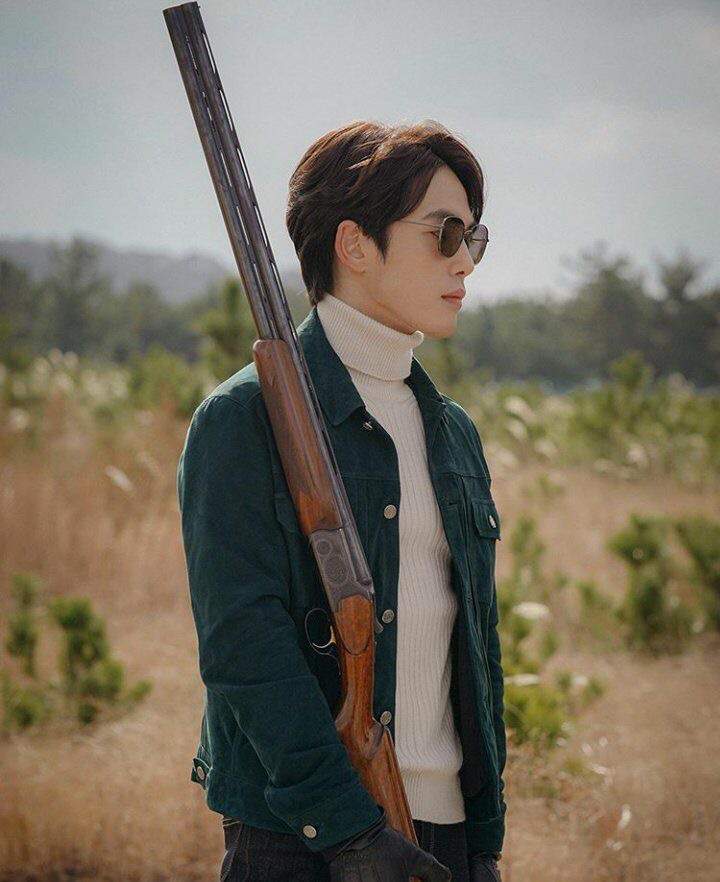Like many people, I have now read Shelley Parker-Chan's She Who Became The Sun. In her foreword, Parker-Chan says the story is based on "wildly addictive Chinese costume dramas" and it really shows. Had I read this two years ago, I would have found it enchantingly exotic, but with two years of wildly addictive Chinese costume dramas under my own belt, what it actually felt like was coming home. There is a even a blink-and-you'll-miss-it reference to Daliang! Unlike all those c-dramas, though, She Who Became The Sun gives female c-drama audiences what they really, really want, namely a heroine who gets to do all the stuff normally reserved for men. Is it a perfect book? Well, I could have done with less sex and an awful lot less epic manpain, but I'm aware that for many readers these will be features and not bugs. More irritatingly (from a reader's pleasure point-of-view) I had a real suspension of disbelief problem when it came to the heroine passing as a man once she reached adolescence. The narrator mentions that she starts "bleeding" but we are given zero information about how, in a monastery surrounded exclusively by men and boys, she manages to wash her stained underclothes and bedclothes or even the rags she presumably uses to mop up the Curse of Eve. This problem must become even more acute when she becomes commander of an army, who would certainly be spotted if he regularly had to sneak out of camp in the middle of the night to wash his own clothes. It is my headcanon that General Mu Nihuang*, when in the field, avails herself of one of the numerous Chinese poisons (probably with a poetic name like the Poison of the Darkened Moon) to avert menstruation, but if this is Zhu Chongba's solution, there is no mention of it in the book.
Periods, with their messiness and ickiness and complete separation from the will of the person experiencing them, would be blindingly unfair as it is without men weaponising them to gatekeep their own superior social status, but men being what they are, this is exactly what they do. It was therefore with a sense of incredulous joy that I read this article in the Guardian about period pants. Dazzled by the prospect of freedom being dangled before me, I rushed online to order some for my daughters (since I am, thank God, no longer in need of them myself), only to discover that Marks and Spencer's was (unsurprisingly) completely out of stock, so I had to order them from Modibodi. If they work as well as the article claims, I shall report back!
*Today I read on the internet that that godawful scene where Nihuang gets jealous of Gong Yu was the brainchild of Hu Ge, who thought it would make Nihuang more "womanly". So now I'm in the sad position of having to hate Hu Ge.
Periods, with their messiness and ickiness and complete separation from the will of the person experiencing them, would be blindingly unfair as it is without men weaponising them to gatekeep their own superior social status, but men being what they are, this is exactly what they do. It was therefore with a sense of incredulous joy that I read this article in the Guardian about period pants. Dazzled by the prospect of freedom being dangled before me, I rushed online to order some for my daughters (since I am, thank God, no longer in need of them myself), only to discover that Marks and Spencer's was (unsurprisingly) completely out of stock, so I had to order them from Modibodi. If they work as well as the article claims, I shall report back!
*Today I read on the internet that that godawful scene where Nihuang gets jealous of Gong Yu was the brainchild of Hu Ge, who thought it would make Nihuang more "womanly". So now I'm in the sad position of having to hate Hu Ge.


